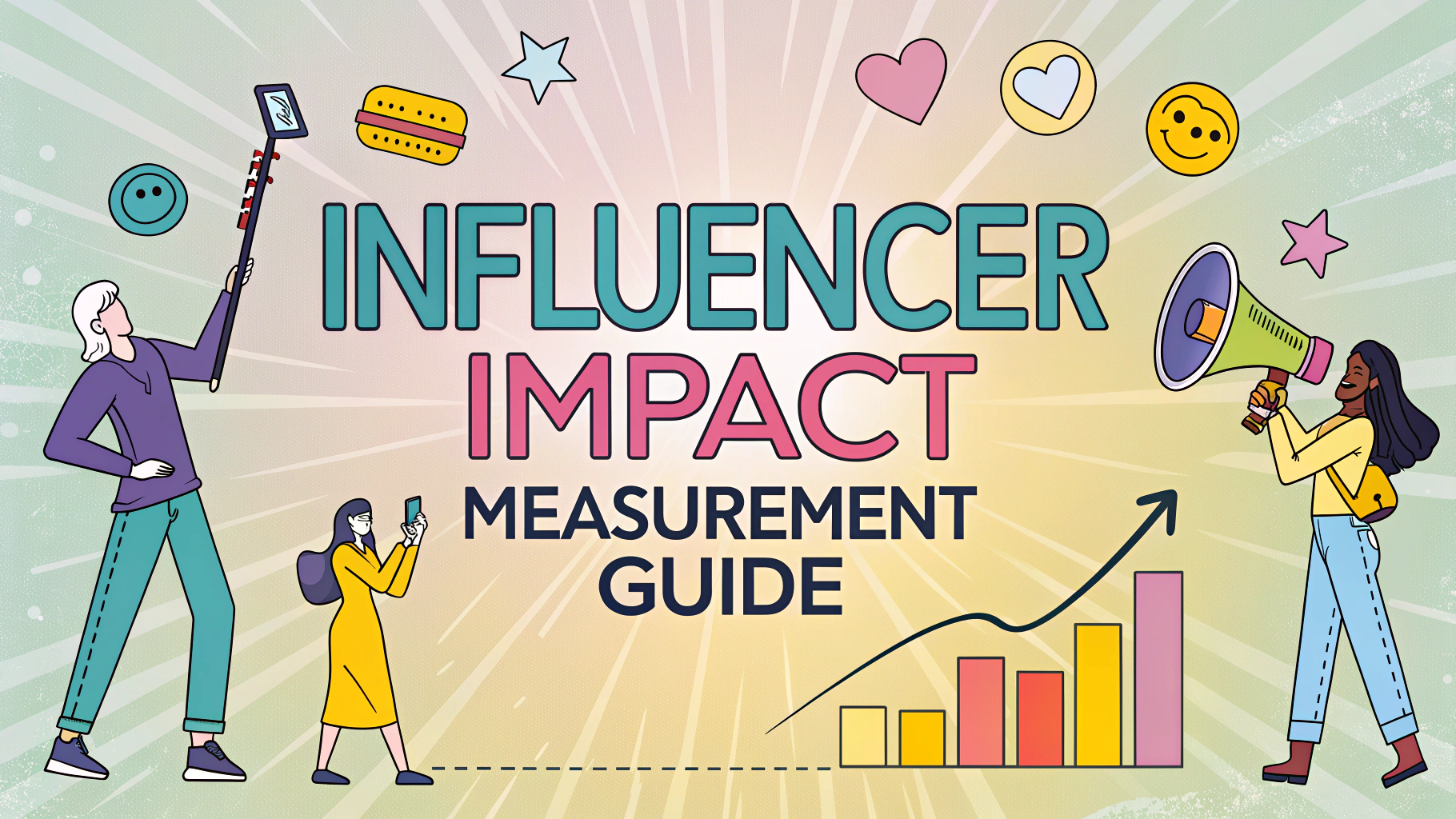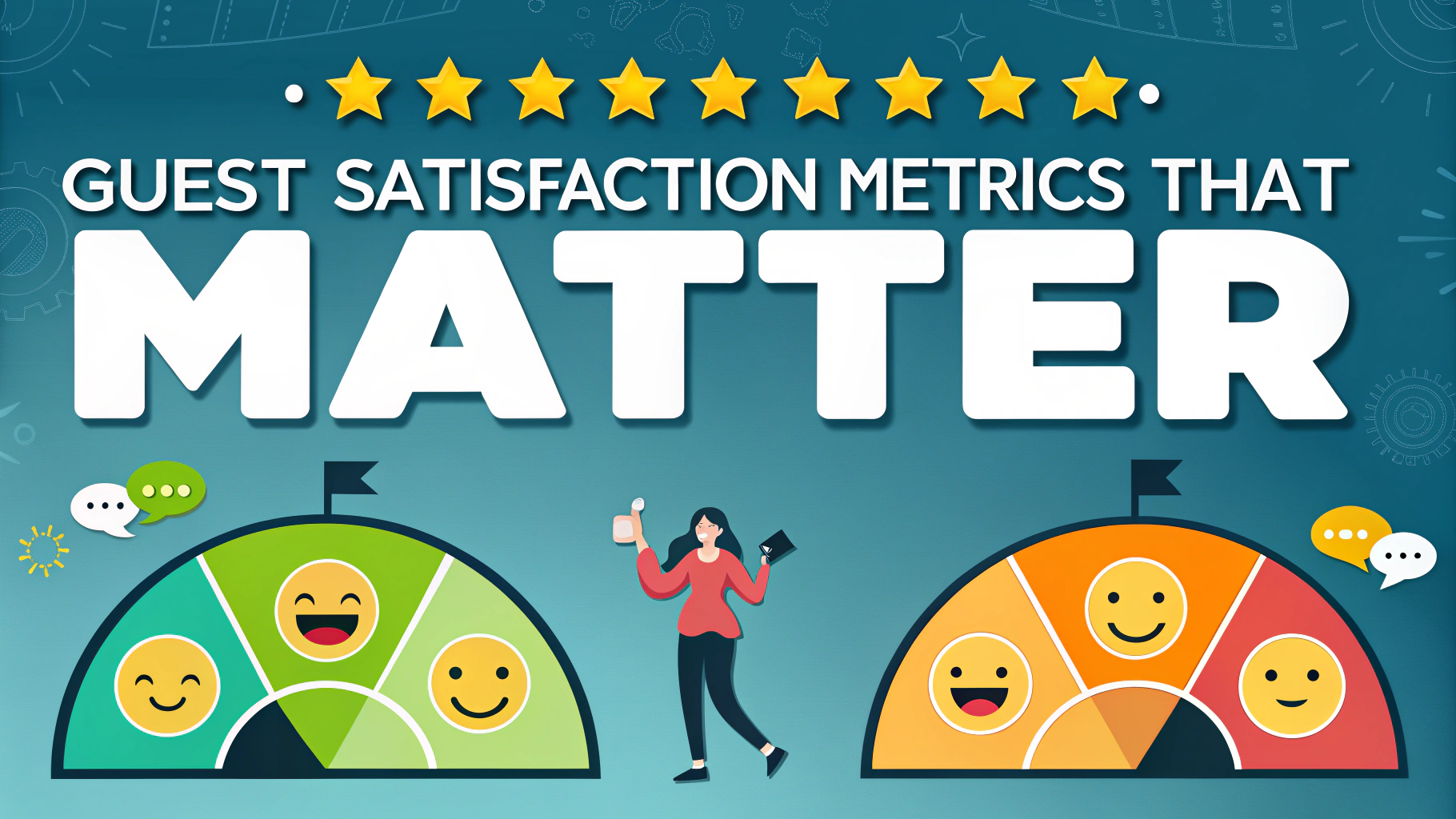Hotels need to handle large amounts of personal data from guests, making GDPR compliance essential for their marketing activities.
Understanding GDPR requirements can feel overwhelming, but breaking them down into actionable steps makes compliance manageable for hotel marketers.
This quick guide explains the key GDPR principles hotel marketers must follow and provides practical steps to ensure marketing activities remain compliant.
Key GDPR Requirements for Hotel Marketing
- Obtain explicit consent before collecting personal data
- Clearly explain how guest data will be used
- Keep personal data secure and updated
- Allow guests to access, modify, or delete their data
- Document all data processing activities
Practical Steps for GDPR Marketing Compliance
Update your hotel’s privacy policy to clearly explain data collection and usage practices.
Add consent checkboxes to all marketing forms, making them unticked by default.
Create separate opt-ins for different marketing channels (email, SMS, direct mail).
Email Marketing Under GDPR
- Include unsubscribe links in all marketing emails
- Maintain accurate records of consent
- Remove inactive subscribers after 12 months
- Include your hotel’s physical address in email footers
Website Compliance Checklist
| Requirement | Implementation |
|---|---|
| Cookie Notice | Clear banner with accept/reject options |
| Privacy Policy | Easily accessible link in footer |
| Contact Forms | Explicit consent checkboxes |
| Booking Forms | Clear data usage explanation |
Managing Guest Data
Create a process for handling guest data access requests within 30 days.
Implement data retention policies that specify how long you keep different types of guest information.
Regular staff training on GDPR compliance helps prevent data breaches.
Marketing Database Management
- Regular database cleaning and updating
- Removal of outdated contact information
- Documentation of consent sources and dates
- Secure storage with limited access
Safe Data Collection Methods
Use secure forms with SSL encryption for all data collection.
Implement two-factor authentication for staff accessing marketing databases.
Regular security audits of marketing tools and platforms.
Next Steps for Your Hotel
Conduct a GDPR compliance audit of your current marketing activities.
Update your marketing tools and processes to meet GDPR requirements.
For specific guidance, contact your local data protection authority or consult with a GDPR specialist.
The Official GDPR Portal provides additional resources and updates on compliance requirements.
International Marketing Considerations
Hotels marketing to EU residents must follow GDPR requirements regardless of the hotel’s location.
Different countries may have additional data protection requirements beyond GDPR.
- Review local data protection laws in your target markets
- Implement country-specific consent requirements
- Consider language requirements for privacy notices
- Maintain separate marketing lists by jurisdiction
Third-Party Marketing Tools
Ensure all marketing service providers are GDPR compliant.
- Review data processing agreements with vendors
- Verify third-party data storage locations
- Monitor vendor security certifications
- Document all data transfers to external parties
Crisis Response Planning
Data Breach Protocol
- Develop a data breach response plan
- Establish notification procedures
- Create guest communication templates
- Maintain emergency contact lists
Maintaining Long-Term GDPR Success
Regular compliance reviews ensure your hotel’s marketing stays within GDPR guidelines.
Document all changes to data processing activities and maintain detailed records.
- Schedule quarterly compliance audits
- Update procedures based on new guidance
- Maintain staff training records
- Monitor industry best practices
Building Trust Through Data Protection
GDPR compliance demonstrates your hotel’s commitment to protecting guest privacy.
Strong data protection practices build guest confidence and loyalty.
Transparent data handling policies create positive brand perception and competitive advantage.
Make data protection a cornerstone of your hotel’s marketing strategy to ensure sustainable growth and guest trust.
FAQs
- What is GDPR and how does it affect hotel marketing?
GDPR (General Data Protection Regulation) is EU legislation that protects personal data and privacy of EU citizens. For hotel marketing, it requires explicit consent before collecting guest data, transparent data processing practices, and secure storage of guest information. - What types of guest data are protected under GDPR?
Protected data includes names, email addresses, physical addresses, phone numbers, booking history, payment information, loyalty program details, cookies, IP addresses, and any information that can identify an individual. - How do I obtain valid consent from hotel guests under GDPR?
Consent must be freely given, specific, informed, and unambiguous. Use clear opt-in checkboxes (no pre-ticked boxes), explain how data will be used, and provide easy opt-out options. Separate consents are needed for different marketing purposes. - What are the penalties for GDPR non-compliance in hotel marketing?
Penalties can reach up to €20 million or 4% of global annual revenue, whichever is higher. Lesser violations can result in fines up to €10 million or 2% of annual revenue. - How should hotels handle guest data deletion requests?
Hotels must honor “right to be forgotten” requests within 30 days, deleting all personal data unless required by law to retain it. A clear process must be in place to handle these requests efficiently. - What security measures are required for protecting guest data?
Hotels must implement appropriate technical measures including encryption, secure servers, access controls, regular security audits, and staff training. Data breaches must be reported within 72 hours. - Can hotels still send marketing emails to their guest database?
Yes, but only to guests who have explicitly opted in to receive marketing communications. Historical databases must be GDPR-compliant, with proof of consent, or require renewed consent. - How should hotels handle third-party marketing partnerships under GDPR?
Hotels must ensure third-party vendors are GDPR-compliant, have data processing agreements in place, and obtain specific guest consent before sharing data with partners. - What should be included in a hotel’s privacy policy under GDPR?
The privacy policy must clearly state what data is collected, why it’s collected, how it’s used, who it’s shared with, how long it’s kept, and guest rights regarding their data. - How long can hotels retain guest data under GDPR?
Data should only be kept for as long as necessary for the purpose it was collected. Hotels must establish and document retention periods and delete data when no longer needed.







